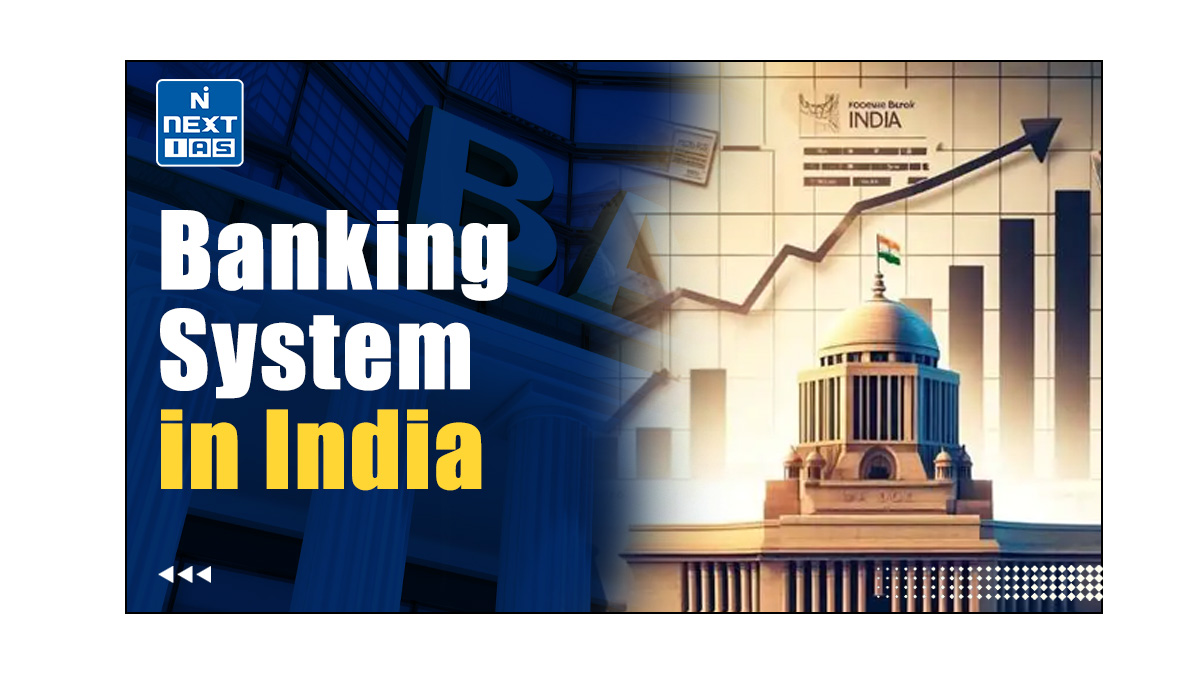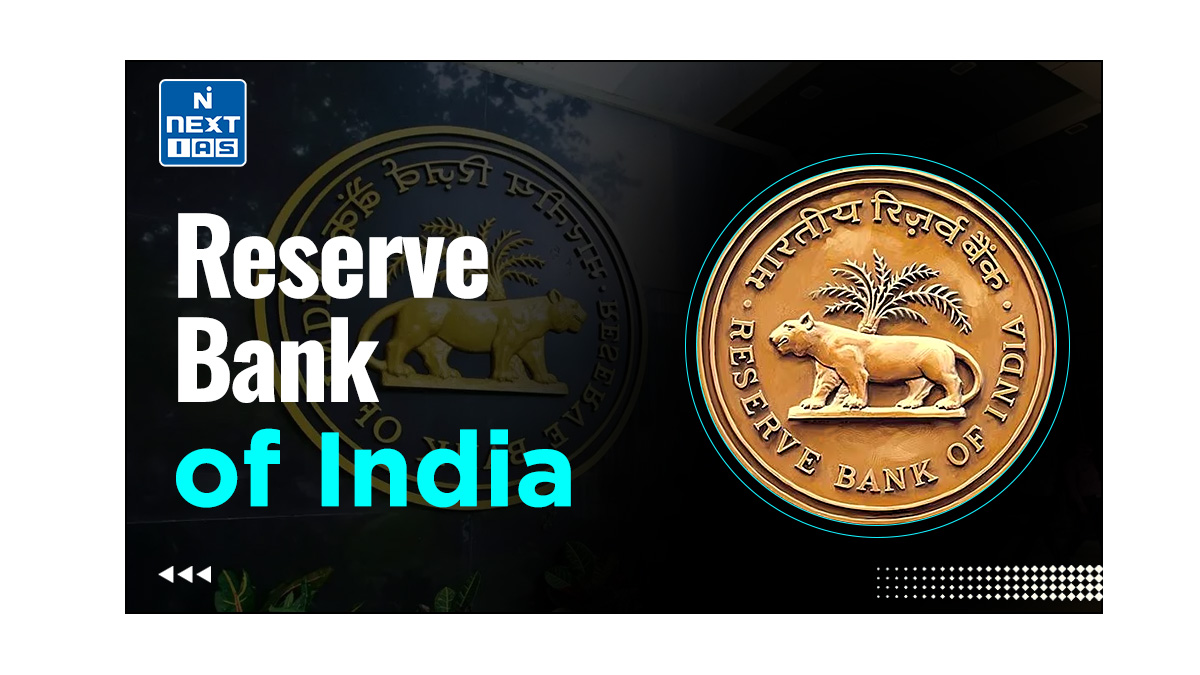
Black Money poses a significant challenge to economies worldwide. It has been a pervasive issue of particular concern in India, impacting the country’s economic growth, governance, and social equity. This article aims to study in detail the concept of Black Money, its meaning, sources, impacts, steps taken to curb it and suggested measures.
What is Black Money?
- In economic theory, there is no official definition of black money as such.
- Several different phrases such as parallel economy, illegal economy, irregular economy, black incomes, and unaccounted economy, all are used more or less synonymously.
- The simplest definition of black money is money that is hidden from tax authorities.
Sources of Black Money
The sources of black money in India can be put into the following two broad categories:
- Illegal Activity: Money that is earned from illegal activities is obviously not reported to the tax authorities, and hence is classified as black money.
- Legal but Unreported Activity: The second category of source comprises of income from legal activities that is not reported to the tax authorities.
Effects of Black Money
- Loss of Revenue to the Exchequer: It reduces the tax revenue, which in turn increases the government’s deficit.
- To balance this deficit, the government may need to raise taxes, reduce subsidies, and increase borrowings.
- Borrowing leads to higher government debt due to interest obligations.
- If the deficit remains unbalanced, the government might have to cut spending, negatively impacting development.
- Money Begets Money: People often hold such money in the form of gold, real estate, and and other secret manners.
- This money does not integrate into the mainstream economy and typically remains out of circulation.
- Consequently, such money continues to circulate among the wealthy, creating more opportunities for them.
- Higher Inflation and Inequality: The injection of unaccounted money into the economy leads to increased inflation, which disproportionately affects the poor.
- It also exacerbates the disparity between the rich and the poor.
Steps Taken to Curb Black Money
Legislative Measures
Fugitive Economic Offenders Act, 2018
- Fugitive Economic Offenders Act, 2018 provides for seizure of the assets of economic offenders who have fled the country to evade criminal prosecution or refuse to return to face legal proceedings.
Central Goods and Services Tax Act, 2017
- Central Goods and Services Tax Act, 2017 aims to ensure ease of compliance and increase tax base by the chain of input tax credit to reduce tax evasion.
Benami Transactions (Prohibition) Amendment Act, 2016
- Benami Transactions (Prohibition) Amendment Act, 2016 defines Benami transactions as Transactions which are carried out in the name of a third party (who owns property only on paper).
- It contains provisions regarding provisional confiscation of property, special courts, appellate mechanisms, imprisonment upto 7 years.
Black Money (Undisclosed Foreign Income and Assets) and Imposition of Tax Act, 2015
- The Black Money (Undisclosed Foreign Income and Assets) and Imposition of Tax Act, 2015 imposes penalties for hiding foreign income and establishes criminal liability for attempting to evade taxes related to foreign assets.
- The Act provided a one-time opportunity for Indian residents to disclose any undisclosed foreign income and assets.
Prevention of Money Laundering Act, 2002
- The Prevention of Money Laundering Act, 2002 is central to India’s legal framework for combating money laundering.
- It applies to all financial institutions, banks (Including RBI), mutual funds, insurance companies, and their financial intermediaries.
International Cooperation
Double Taxation Avoidance Agreements (DTAAs)
India is actively collaborating with foreign governments to facilitate and improve the exchange of information under Double Taxation Avoidance Agreements (DTAAs), Tax Information Exchange Agreements (TIEAs), and Multilateral Conventions.
Automatic Exchange of Information
- India has been a key force in making the efforts to establish a multilateral regime (known as Automatic Exchange of Information) for proactive sharing of financial information for combating tax evasion.
- The Automatic Exchange of Information based on Common Reporting Standard has started since 2017, which has enabled India to receive financial account information of Indian residents in other countries.
Suggested Measures
Since the issue remains unresolved, further action is needed to address it. Some suggested measures to strengthen efforts against the issue are as follows:
- Legislative Actions: Putting proper laws in place on issues such as bribing foreign officials, citizens grievance redressal, whistleblower protection, UID Aadhar, public procurement, etc.
- Improving Institutional Capacity of Agencies: Directorate of Criminal Investigation Cell for Exchange of Information, Income Tax Overseas Units- ITOUs at Singapore and Mauritius have been very useful.
- On the similar lines, strengthening of the Foreign TAX, Tax Research and Investigation Division of the CBDT can be done.
- Reducing the Misuse of Money in Elections: Elections are a major avenue for the use of unaccounted money. Implementing reforms to reduce the influence of money in elections is crucial.
- Skill and Manpower Training: Imprating domestic as well as international training related to the concerned area is important.
- For example, the Financial Intelligence Unit-India actively enhances its employees’ skills by offering regular training on anti-money laundering, counter-terrorist financing, and related economic matters.
Conclusion
Black money is a critical issue that has its ill efects on the economic and social fabric of a nation. While several measures have been taken to curb it, continuous efforts are required to address its root causes. Transparency, accountability, and robust enforcement of laws are essential to curbing this issue and ensuring a fair and equitable economy. Steps should be taken on these lines to root out this menace.
Frequently Asked Questions (FAQs)
Is Black Money a challenge for Indian Economy?
Black Money is a major issue of concern not only for the Indian Economy, but for all the economies around the world.
What is the impact of Black Money on Indian Economy?
It hampers several areas of the Economy as have been mentioned above in detail.





